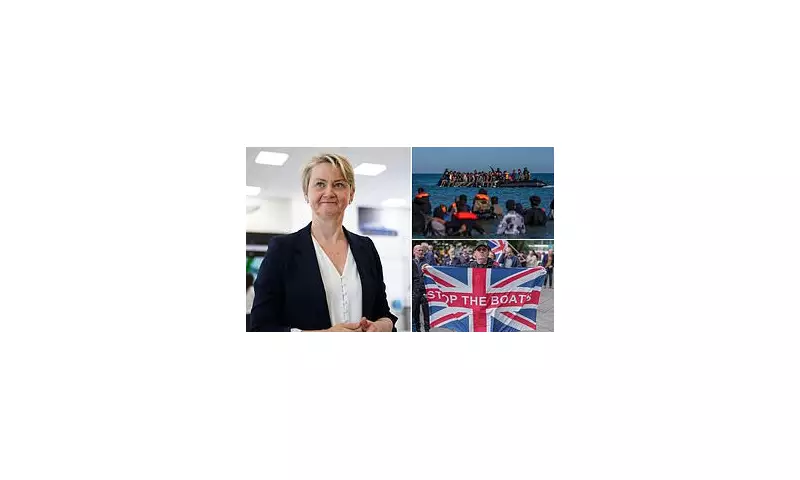
In a major policy address, Labour's Shadow Home Secretary Yvette Cooper has launched a scathing attack on the Conservative government's handling of the UK's immigration system, branding it a "complete failure" and "extortionately expensive for taxpayers."
Cooper unveiled a two-pronged strategy to tackle the most visible symptoms of the crisis: the use of hotels for asylum seekers and the small boats crossing the Channel.
An End to the 'Hotel Era'
Cooper pledged that a Labour government would swiftly end the "wasteful" practice of housing asylum seekers in hotels, which currently costs the British public a staggering £8 million per day. She criticised the Tories for allowing the number of hotels being used to balloon, creating a system that is both inefficient and lacking in compassion.
A New Front Against People Smuggling
The centrepiece of Labour's new plan is the creation of a dedicated "Cross-Border Police Unit." This specialised force would be tasked specifically with dismantling the criminal smuggling gangs orchestrating the dangerous Channel crossings. The unit would work in close collaboration with European intelligence agencies to target and disrupt the operations at their source.
Cooper accused the current government of being "soft on crime" for failing to effectively prosecute the kingpins behind these trafficking networks, allowing them to operate with impunity.
Conservative Defence and Counter-Criticism
The speech has drawn immediate fire from the Conservative camp. A source close to current Home Secretary Suella Braverman dismissed Cooper's plans as a "rehash of old ideas" and pointed to the Government's own Illegal Migration Act as the robust solution. They argued that Labour's approach would do little to deter arrivals and would ultimately make the UK a softer target for illegal immigration.
This clash sets the stage for immigration and border control to be a defining battleground in the upcoming general election, with both parties vying to present themselves as the party of secure and controlled borders.





